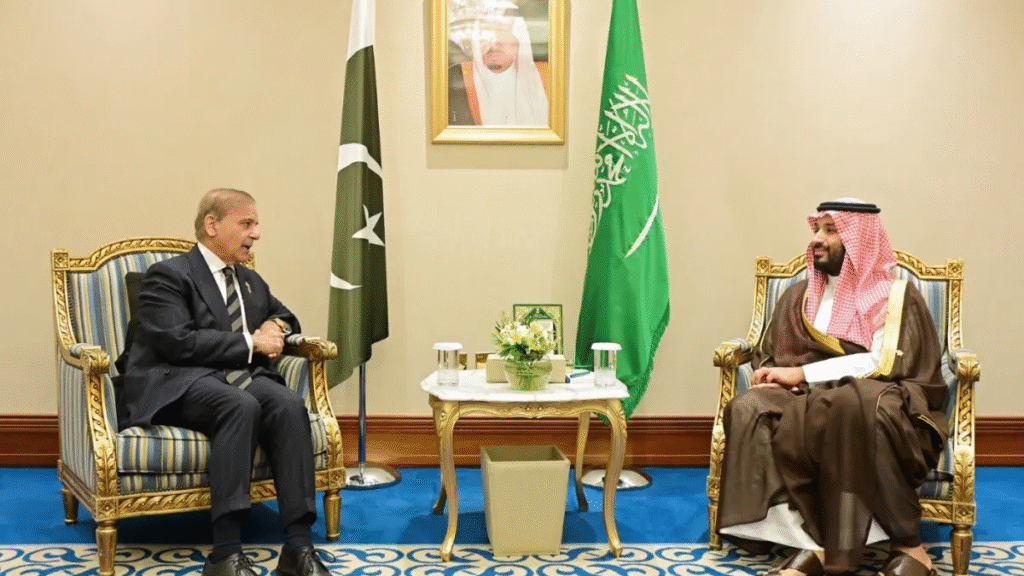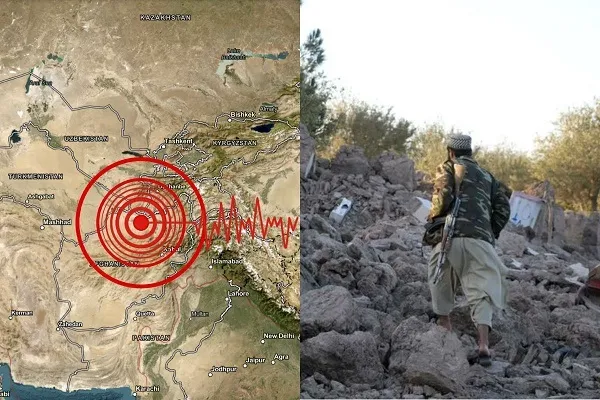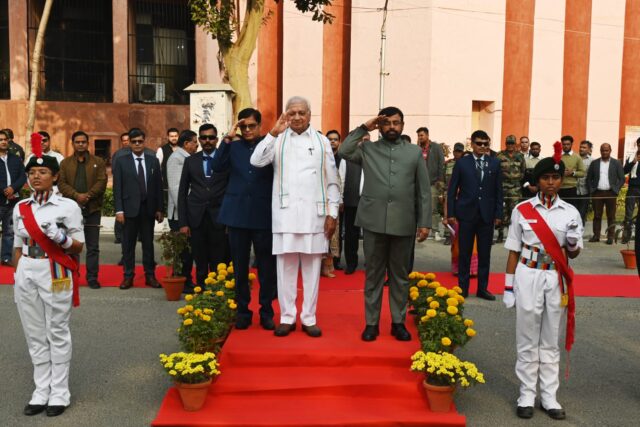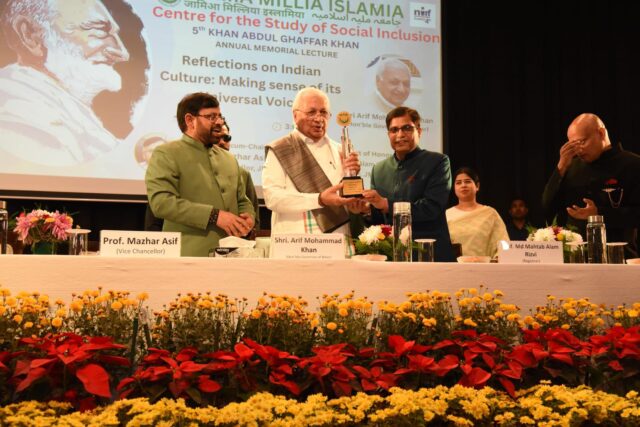Is Pakistan building a ‘Muslim NATO’? After the deal with Saudi Arabia, Pakistan’s Defense Minister Asif revealed the plan.

Is Pakistan building a 'Muslim NATO
Is Pakistan seeking to form a “Muslim NATO”? In fact, Pakistan and Saudi Arabia have signed a “strategic mutual defense” agreement, according to which any attack on either country will be considered an “aggression against both.” This is a similar agreement to that seen in the Western organization NATO. Pakistan’s Defense Minister Khawaja Asif has now stated that other Arab countries cannot be denied entry into this defense agreement. This means that other Muslim countries in the Gulf can also join. The Pakistani Defense Minister has clearly stated that “the doors are not closed.”
So the question remains: is Pakistan creating its own NATO of Muslim countries? Let’s try to understand. First, let’s explain what NATO is.
What is NATO?
NATO stands for North Atlantic Treaty Organization. In fact, immediately after the end of World War II, 30 countries formed a defensive military alliance and named it NATO. Western European countries, along with the United States and Canada, formed this organization to counter the then-Soviet Russia. Its headquarters are in Brussels, the capital of Belgium. However, it is dominated by the United States and other Western nuclear-armed nations (France and the UK).
What is Pakistan hinting at?
In an interview with Pakistan’s Geo News, Pakistan’s Defense Minister Khawaja Asif was asked about the Saudi deal. He was asked whether more Arab countries could join such an agreement. Asif said: “I can’t answer this prematurely, but I would definitely say the door is not closed.”
Referring to the history of the Middle East over the past 40-50 years, Asif said he had always sought a similar arrangement like NATO because Pakistan is more vulnerable in this context.
According to a report in Dawn, he said, “I believe it is the fundamental right of countries and peoples, especially the Muslim population, to come together to defend their territories, countries, and nations.”
He also said that the agreement does not stipulate that no other country can join. Furthermore, it does not mean that Pakistan cannot sign a similar agreement with any other country.
America’s Fear?
Indeed, a senior Saudi official, speaking to The Financial Times on condition of anonymity, suggested that Pakistan’s nuclear weapons security is a part of the agreement. Zalmay Khalilzad, a former US diplomat with extensive experience in Afghanistan and Pakistan, expressed concern about the agreement, saying it comes at a “dangerous time.” Khalilzad wrote on the social media platform X, “Pakistan possesses nuclear weapons and delivery systems that can reach targets throughout the Middle East, including Israel. It is also developing systems that can reach targets in the United States.”







